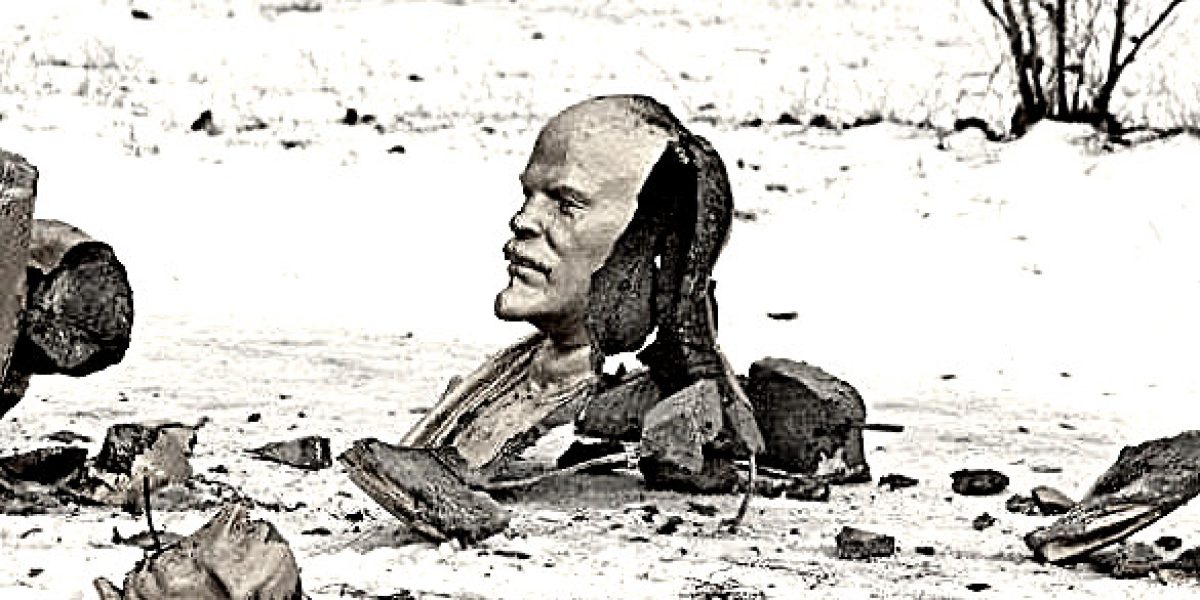Russian History and International Politics since 1985

Faculty:
Course Schedule:
Spring 2025 | Mon 15:10 – 18:10 CET (Berlin)
Spring 2025: January 27 — May 19
Subject: HIST
Course Level: 200
Number of Credits: 4 U.S. / 8 ECTS
Max Enrollment: 22
Schedule: Mon 15:10 – 18:10 CET (Berlin) | 9:10 AM – 12:10 PM EDT (New York)
Distribution Area: Historical Analysis
Language of Instruction: English
Course Prerequisites: English B2 / Equivalent or higher
Marking the last decade of the 20th century, Russia’s interest in global partnerships and reformist desires were a welcome, but short-lived phenomenon. This class aims to explore the country’s (questionably) sudden return to imperialist ambitions and Cold-War-style isolation from an analytical perspective and in terms of civic participation in 1990s Russia. Why was the period of openness so brief? How are Russia’s international politics influenced by the nation’s historical experiences and internal political and civil participation experience? Starting with Gorbachev’ Perestroika, which amalgamated paradigms of Soviet foreign relations with an attempt to resolve internal issues, we will move on to investigating the two major upheavals: the collapse of the Soviet Union, and the crash of the Yalta-Potsdam system. These historical milestones will help us frame the Russian foreign affairs of the early 1990s as a continuation of the Soviet foreign policy, with its focus on cooperation with the West. Our next subject will be such turning points of post-Soviet foreign policy transformation as the Primakov Loop over the Atlantic (1999) and Putin’ Munich Speech (2007). Making a quick detour to the history of Soviet national politics, we will then proceed to map Russia’s historical path to the current war with Ukraine. Each class will include a study of primary historical documents. Course readings will incorporate the theoretical works on “Soft Power” by Joseph S. Nye, Jr.; essays on foreign diplomacy by Henry Kissinger, Hans Morgenthau, and Iver B. Neumann as well as the concepts of Geopolitics and Heartland, popular among Russian official’s associates, in the works of Halford John Mackinder and Zbigniew Brzeziński.
Guidelines for the Statement of Purpose:
Craft a reflective statement of purpose explaining your interest in the Smolny Beyond Borders online course. The file should be saved with your name and course title as the filename and uploaded accordingly. Your statement’s clarity and substance will significantly influence our selection. Convey your motivations and aspirations for this course succinctly but thoroughly. Kindly write your statement in the course’s Language of Instruction.
Application Portal Instructions:
1) Use the Latin alphabet for all entries on the portal, including your name. If the Language of Instruction is Russian, you may use Cyrillic only within the Statement of Purpose file, and the title of the file should still be in English.
2) Refrain from using email addresses associated with Russian or Belarusian educational institutions.
3) While completing the “Required Information” section, ensure you fill in the “Province” field for your address.
4) Provide an address outside Russia or Belarus in both the “Required Information” and “Geographic Location Confirmation” sections of the “Online Course Application”. This ensures we can send your transcript.
5) You must press the “Sign” button twice during the application.
6) If you hold a bachelor’s degree, select “4th+” in the “Academic Year (online)” section.
7) Applicants either unaffiliated or affiliated with educational institutions in Russia and Belarus should list ‘Smolny Beyond Borders’ as their educational institution.
8) In the student ID section, enter ‘SBB’.
9) Consider drafting your motivation letter ahead of time. Save it as a separate file with this format: LastName_FirstName_CourseTitle for a smoother application process.